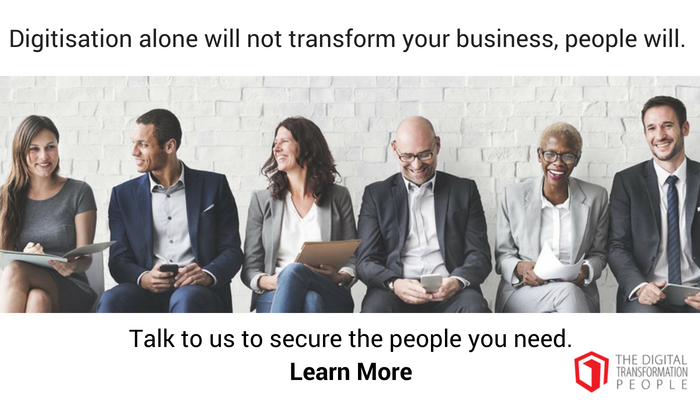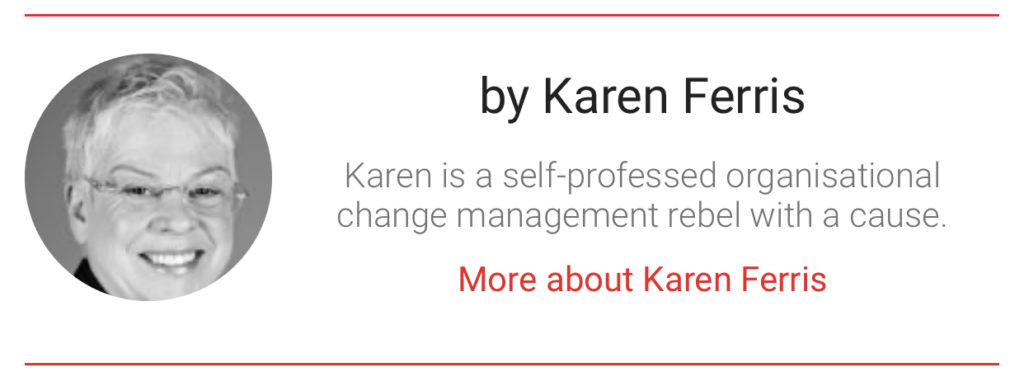In this series, I am introducing you to the twenty superpowers that leaders need to possess to create an environment for resilience. This is an environment in which individuals and teams are resilient in the face of constant change.
Individual resilience is critical when the world around us is volatile, uncertain, complex and ambiguous. Resilience means we can adapt to difficult situations and not just survive but thrive. Unless we do, the stress will overwhelm us, and we will suffer physically and mentally.
Each week we will explore one of those twenty superpowers.
Superpower – The Promoter
The Promoter promotes self-care.
In our busy, always-on lives, we can often forget to look after ourselves. When we don’t look after ourselves, we can become stressed, anxious, fatigued and burnt out.
Self-care is core to our resilience in a world of constant change. We need to look after ourselves and encourage others to do the same.
In addition to looking after their own well-being, leaders need to promote self-care for their employees. This includes leading by example.
Encourage employees to engage in activities that help them zone in on their senses. These need to be activities they enjoy — not everyone likes yoga.
There is no one-size-fits-all but there are lots of sizes from which to choose. These include (but are not limited) to:
- Mindfulness: improve focus and concentration.
- Meditation: increase awareness and gain a healthy sense of perspective.
- Massage: relaxation and stress relief.
- Regular exercise: helps memory and thinking as well as looking after physical well-being.
- Detach from devices: can delay the release of melatonin, therefore, affecting sleep.
- Alone time: sparks creativity, builds mental strength, and increases empathy and productivity.
- Take regular breaks: refresh and recharge.
Leaders can provide time management, stress management, and resilience training.
Leaders can encourage employees to move by having “walking meetings” rather than sitting in an office. (Note: Walking meetings can be held over the phone whilst leader and employee are in different locations).
Leaders need to afford employees the time and encouragement to look after themselves.
Wherever possible, leaders should ensure that the working environment is ergonomically sound and encourages movement, for example, sit / stand desks, distance to coffee machines, remote waste bins etc.
Actions
Help your employees to create a self-care plan across these areas as suggested by the Black Dog Institute.[1]
Physical: for example, exercising before work at lunch or after work, having a healthy diet, performing regular exercise.
Professional: for example, turning off work emails on the weekend, not eating lunch at a desk, going home on time, delegating where they can.
Emotional / Relationships: for example, making time for family or friends, going to the movies, recording three positive things about each day to show gratitude, having some ‘me’ time.
Psychological / Spiritual: for example, keeping a journal, practising mindfulness, getting out into nature, learning to meditate.
Be a role model and demonstrate that you have a self-care plan that you follow.
Provide employees with support and encouragement.
Article by channel:
Everything you need to know about Digital Transformation
The best articles, news and events direct to your inbox
Read more articles tagged: Featured, Leadership











